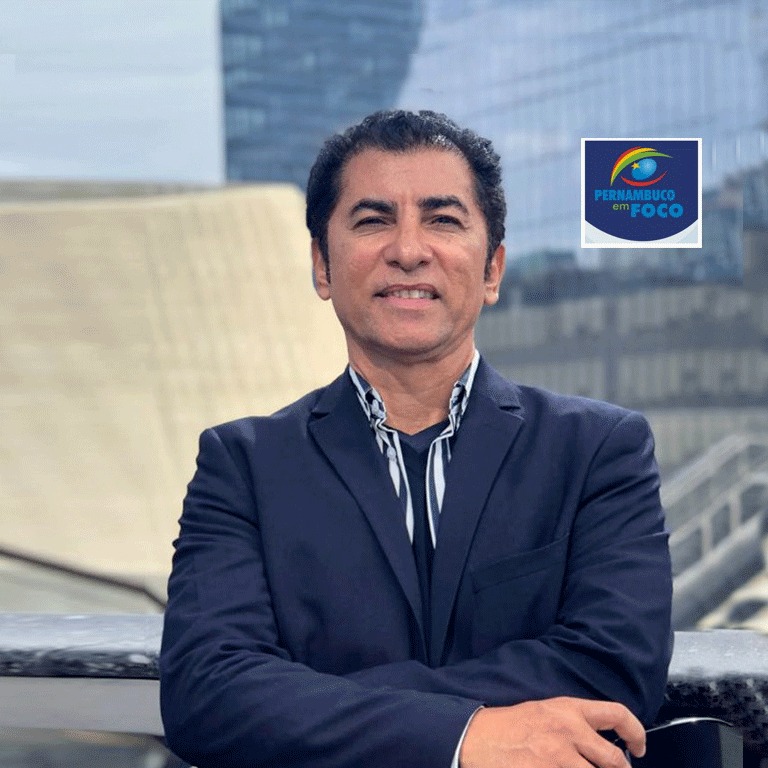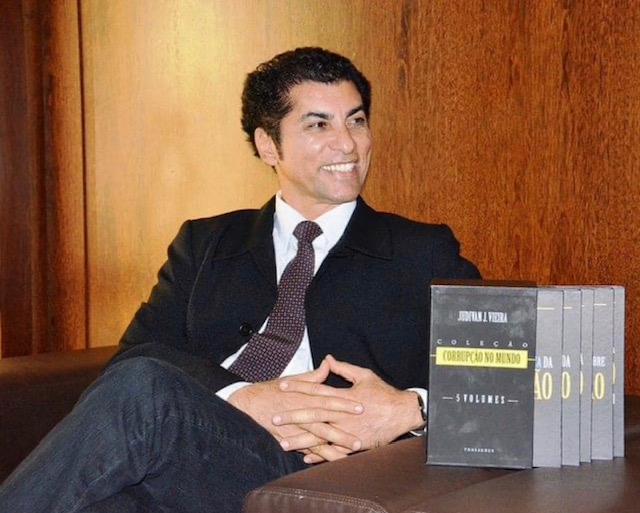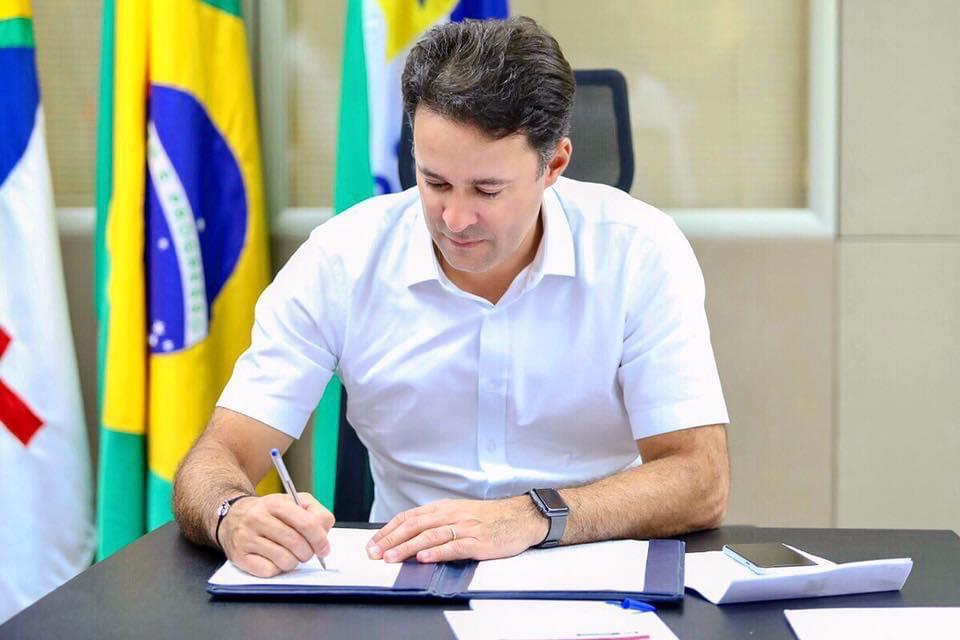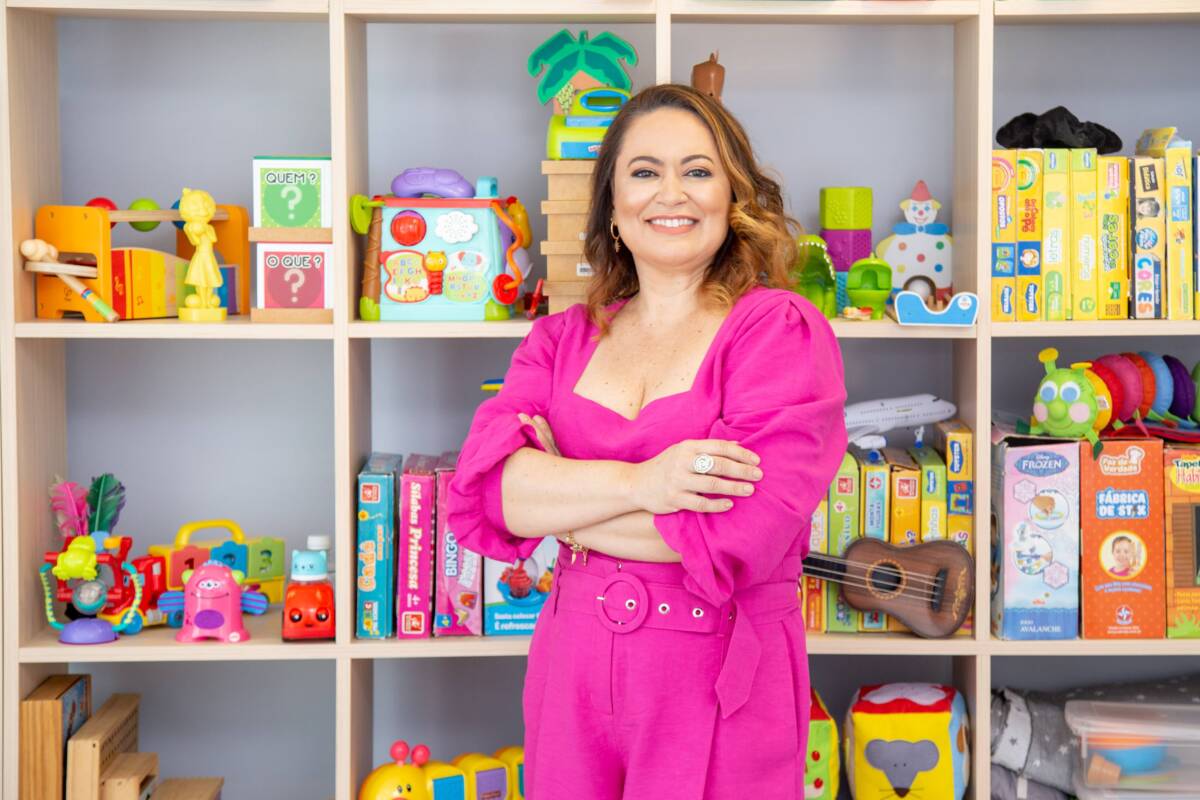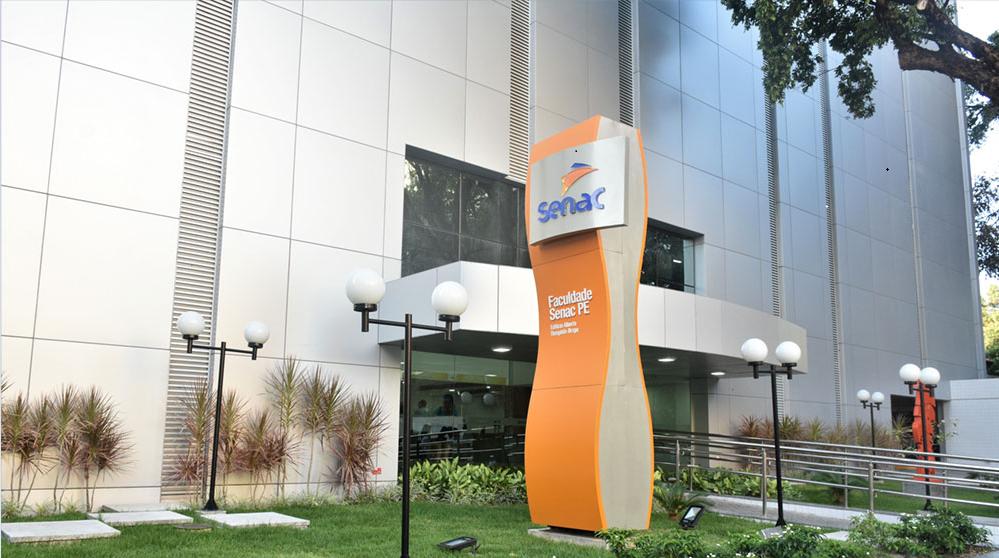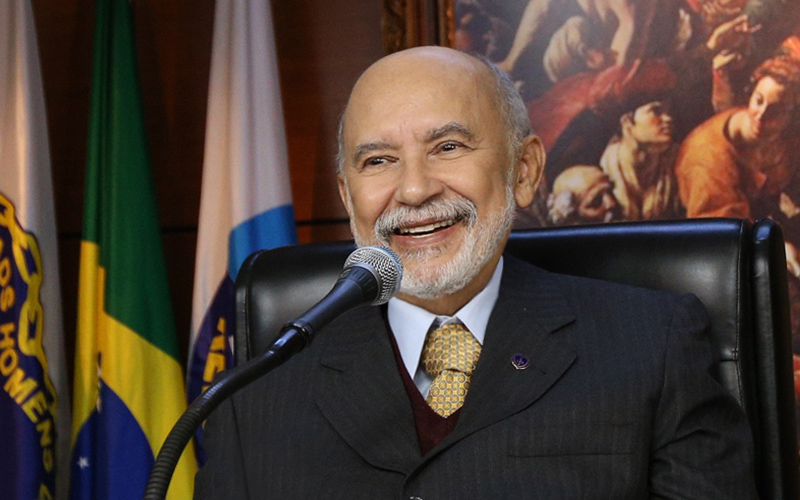From Brasília, Brazil.
In the previous episode we highlighted the following points:
1 – The world’s largest study on COVID-19 vaccines has just begun, with the first of 30,000 planned volunteers;
2 – there is still no guarantee that the experimental vaccine, developed by the National Institute of Health, and by “Modern Biotechnology”, actually protects against the coronavirus;
3 – the company Moderna – Biotechnology of North America, says that the vaccination was carried out in Savannah, Georgia. The first to be launched among dozens of test sites across the country. Several other vaccines manufactured by China and the British University of Oxford, in early July, underwent minor tests in the final phase in Brazil, and in other countries affected by COVID-19;
4 – The United States requires its own tests of any vaccine that can be used domestically and has set a high standard for approval;
5 – mass studies are not only used to assess whether doses work; They need to verify the safety of every potential vaccine. And, following the same study rules, scientists will be able to compare all the plans;
6 – In August, the final study of the Oxford vaccine dose begins, followed by plans to evaluate a candidate from Johnson & Johnson in September and Novavax in October, if everything goes according to schedule;
7 – In the US, testing must be multi-generational, multi-ethnic, to reflect population diversity, with enough black (12.3% of the population) and Latino (16.7% of the population) participants, as such populations they are hit by COVID-19;
8 – If all goes well with the final studies, it will still take months for the first data of the “Modern” test to arrive, followed by the Oxford test, of which Brazil has already promised to buy 30 million doses initially;
9 – the first available doses will be rationed and presumably reserved for people at higher risk of contracting the virus. This is the decision of world governments, for now.
Understand that, it does not matter if you belong to generation “X” (born before 1981), “Y” (also called millennium or millennial, and born between 1981 and 1996), or generation “Z” (born between 1997 and our days), nobody is protected from biological (can die) or psychological (can acquire syndromes, various disorders, depression) effects.
The “Z” generation, also known as “IGENERATION”, due to its close relationship with the Internet and information technology (IT), and who are currently in their teens, may seem even stronger, more adaptable, more resilient. But make no mistake, this is not the case!
This “Z” generation, previously with limited access to the Internet, is now completely liberated by parents to dive deep into the “virtual world” that brings us closer to thingify the human, and humanize things.
Why, even knowing that there are risks in the environment and especially in the long term, parents allow this virtual “interaction”, in contrast to social isolation? Because that way they feel relieved of a little daily care, of the attention that their children require, and of the attendance at school and the tasks imposed by remote platforms, so that they can work in the “home office”, and they also take care of the housework, and a little themselves, since the parents are not slaves, robots and asexual beings, as most children think.
The “Z” generation already has a defined mental, social, and economic structure. Whoever studied and fitted into the labor market, well, who did not do what they should, and when they should, they will have to live with the causes that they produced, to reap the fruits that they harvest today.
In turn, the generation “Y” (millennials), whose age is between 24 and 30 years, continues to search for their own identity and fit socially and economically. Act fast, because evolution is accelerating. If you do not define yourself soon, you will be nothing more than a generation gap, with the role of uniting and meaning the first and the second. Nothing more than this!
You can be successful as long as you make up your mind quickly, learn to plan, and immediately start executing social, economic, and professional plans.
In the next episode, the “Z” generation, or “igeneration”, and more …
Follow me on Instagram: judivan j vieira



